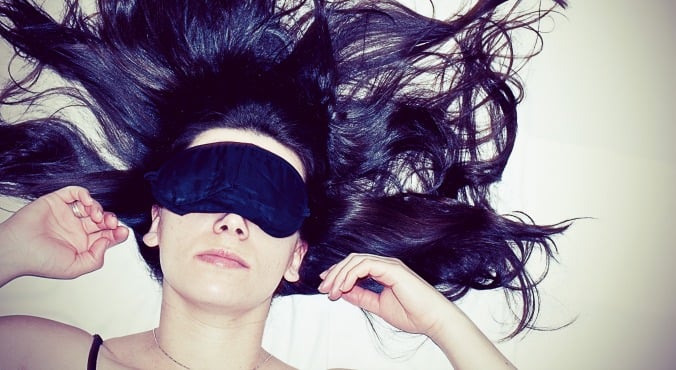
Image: Thinkstock
We all have many people in our lives who are always tired. They never go out unless they are going to work; all they want to do is sleep, their diets are poor, their moods are always low, does this sound familiar?
Maybe you are that person I am talking about, most people have a hard time sleeping through the night. There are a ton of factors at reasons, which ultimately stop the average person from getting a good night of rest. Things like stress, LCD screens, caffeine, and television all play a vital role.
A new study from Oxford University is showing how the amount of light in your bedroom can also be playing a role in your health. A study of more than 113,000 women indicated that the brighter the bedroom at night, the greater chance that the person sleeping in it would be obese.
The modern bedroom is full of lights, from glowing computers, clock radios, phones, and any other number of blinking electronic devices. The problem is chronic exposure to light at night can lead to a whole host of health problems.
A number of health problems come with obesity and insufficient sleep, so this might become a major health concern. When you are tired and struggling through your day your body craves calories to keep you motivated and moving, and this causes you to overeat and mainly on foods that are unhealthy. And when your room is too bright, it has a major impact on your sleep.
The 7 reasons you should sleep naked.
Before the end of the Stone Age, humans were exposed to two different kinds of light that were responsible for the circadian rhythmicity. During the day, we had sunlight, and at night the moon and stars, and then perhaps the occasional campfire.
Light is like a drug; melatonin suppression is key to understanding much of why LAN is so horrible for us. This workhorse biochemical is produced by the brain’s pineal gland at night, when It is dark, to regulate our sleep-wake cycle. It lowers blood pressure, glucose levels, and body temperature, key physiological responses responsible for restful sleep.
